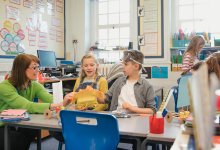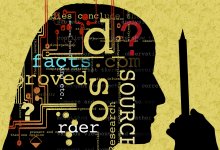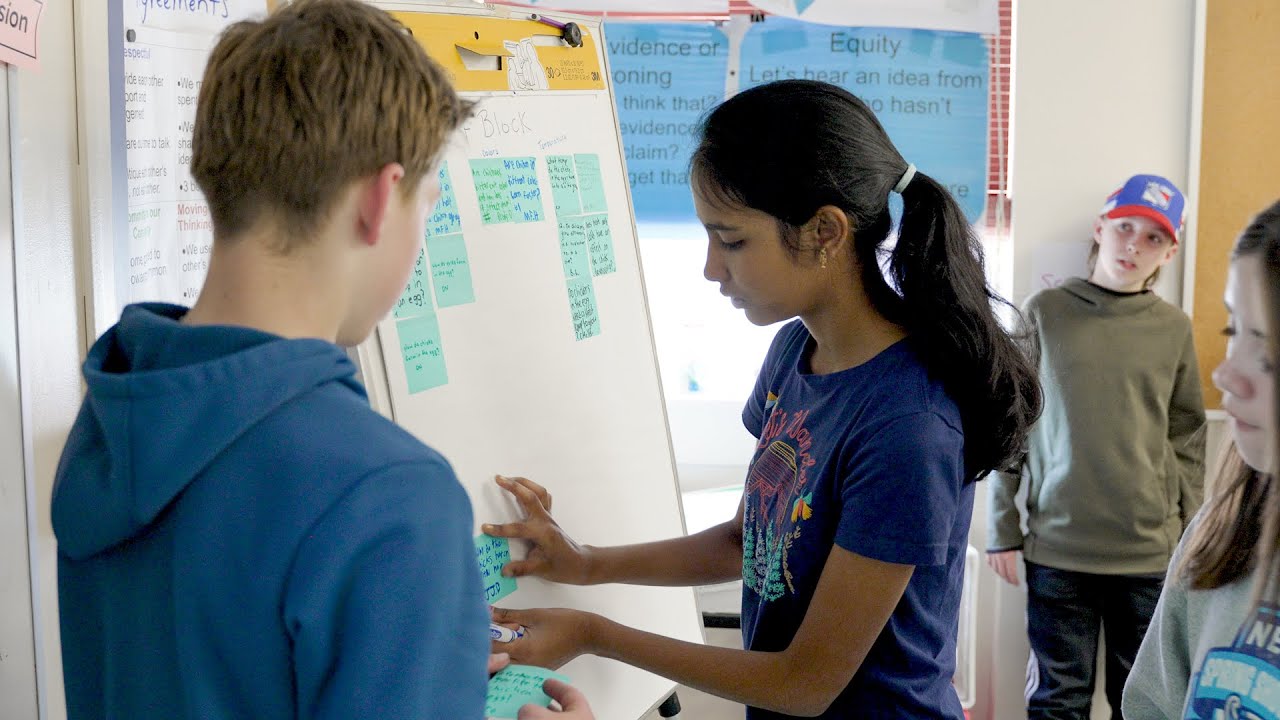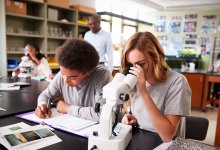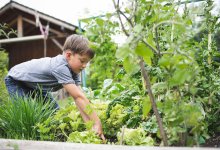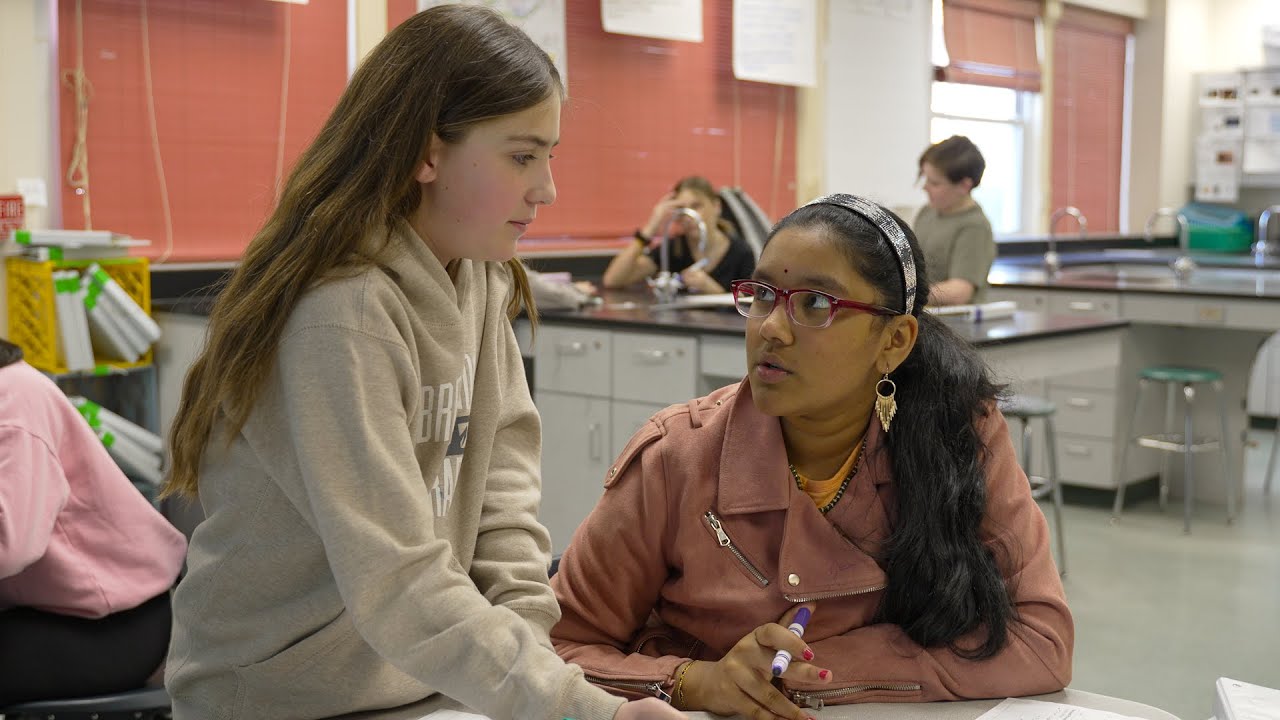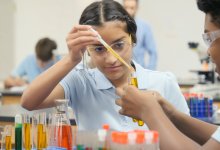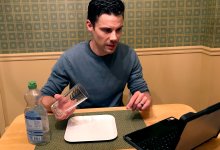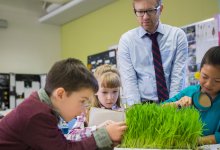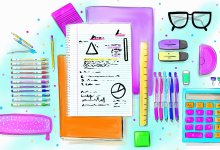Science
Explore and share tips, strategies, and resources for helping students develop in science.
Bringing Math and Physics to Life With a Model Car Derby
Giving students a design challenge—and a compelling reason to delve into complex engineering—makes them more engaged, motivated, and committed to deepening their own understanding.4480Exploring Before Explaining Sparks Learning
New elementary science teachers can build student engagement and enhance learning by using the explore-before-explain approach.Why Students Should Write in All Subjects
Writing improves learning by consolidating information in long-term memory, researchers explain. Plus, five engaging writing activities to use in all subjects.19kEncouraging Collaboration With a Scientists Circle
This routine creates an equitable structure for sharing out ideas, questions, or evidence in science class—and helps ensure every student takes part.1.1kShifting From Linear Learning to a Spiral Approach in Science
Repeated exposure to important concepts helps students retain more information and think deeper about the material they’re studying.4649Teaching the Concept of Equity Through Gardening
Plants can illustrate how different people need different things to be nourished—and how equality and equity differ.9.7kDesigning Science Inquiry: Claim + Evidence + Reasoning = Explanation
The Claim, Evidence, Reasoning framework is a scaffolded way to teach the scientific method.30.6kPutting Curiosity at the Heart of Scientific Inquiry
When science teachers ask their classes to formulate good questions, they tap into students’ natural interest in the world around them—and build engagement and motivation.357How to Use the 5E Model in Your Science Classroom
An inquiry-focused method gives students a way to connect scientific ideas to their experiences and apply their learning.3.8kReinventing AP Courses With Rigorous Project-Based Learning
A new study shows that when implemented well, AP courses built around project-based learning can raise test scores for all students, including those in traditionally underserved demographics.4.7kAdapting Science Lessons for Distance Learning
With a little creativity, students can still take part in science experiments and discussions while learning at home.5.4kA Year of No Tests
Removing summative assessments from instructional practice can make class more interesting, engaging, and stress free for students.2.3k9 Tips for Using Crosscutting Concepts to Boost Students’ Scientific Thinking
Introducing elementary students to ideas that apply across disciplines enhances their understanding of the sciences as an interconnected whole.1410An Arts-Integrated Approach to Teaching Engineering
Incorporating the arts into STEM education helps foster students’ creativity, cognitive development, and content knowledge.2266Having Students Document Scientific Phenomena Outside the Classroom
Middle school science teachers can have students explore the natural world, strengthening their scientific habits of mind.481

